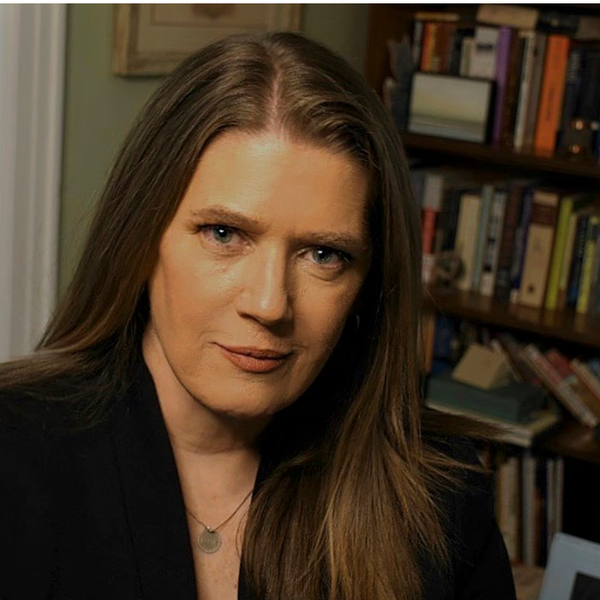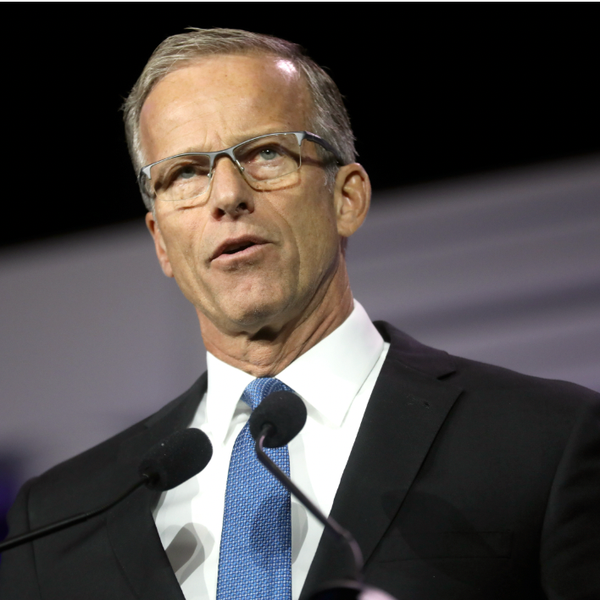
If the United States has a state religion, it’s capitalism.
That hasn’t always been so, but few adults under the age of 60 would know that Ayn Rand was once reviled by believers, that the working poor were once seen as honorable folk, and that churchgoing Christians did not always believe it their duty to defend the ways of Big Business. Indeed, there was once a time when even the U.S. Supreme Court looked askance at the depredations of large corporations.
Our recent history, however, has seen little of that. The end of the Soviet empire not only highlighted capitalism’s superiority over communism, but it also encouraged the notion that capitalism is perfect. It didn’t help that Ronald Reagan, who played a role in forcing the collapse of the Soviet system, popularized the idea that poor people were impoverished because of their innate flaws.
Taken together, those strains of thinking allowed business executives and their political allies, especially those in the Republican Party, to enshrine capitalist enterprise as a new religion — to be untouched by state regulation, to be left to work its will, to be allowed to run (and perhaps ruin) the planet.
The decades-long idolization of an amoral system helps explain the outrage on the right to the recent apostolic exhortation of Pope Francis, whose 200-odd page “Joy of the Gospel” includes a stinging critique of capitalism. Rush Limbaugh, right on cue, rushed to denounce it as “pure Marxism coming out of the mouth of the Pope.” A more thoughtful rejoinder came from New York Times columnist Ross Douthat, a conservative Catholic, who wrote: “When it comes to lifting the poor out of poverty, global capitalism, faults and all, has a better track record by far than any other system or approach.”
But the Pope’s analysis — and he did not mince words — still rings true. “Just as the commandment ‘Thou shalt not kill’ sets a clear limit in order to safeguard the value of human life, today we also have to say ‘Thou shalt not’ to an economy of exclusion and inequality. Such an economy kills,” he wrote.
Pope Francis specifically defended government regulations that would emphasize fairness and balance, decrying “ideologies which defend the absolute autonomy of the marketplace and financial speculation. … They reject the right of states, charged with vigilance for the common good, to exercise any form of control. A new tyranny is thus born … which unilaterally and relentlessly imposes its own laws and rules.”
The Pope’s words matter despite the fact that his immediate influence is limited to Catholics. He commands a grand stage, and his exhortation will be hard to ignore.
That’s especially true since conservative Christians here in the U.S. have spent many years infusing politics with their right-wing religious views, claiming a moral basis for policies that are simply harsh and selfish. Among their more illogical positions is an insistence on denying abortions to poor women while also working to deny them the basic assistance, such as food stamps, they will need to support their children outside the womb.
When previous Catholic prelates emphasized an adherence to traditional social doctrines, their doctrines were embraced by conservative Protestants. They enjoyed having allies in their battles over issues such as abortion and same-sex marriage.
So let those conservatives now argue with a Pope who, despite reasserting his church’s more traditional teachings, has put the false god of capitalism back in its place. It is not a system that is inherently evil; rather, it is amoral, subject to the people who practice it. It stands in need of corrective impulses that place more value on the disadvantaged, the marginal, the excluded.
In particular, House Budget Committee Chairman Paul Ryan, who has often held up his Catholic beliefs to support his politics, should spend some time reflecting on Pope Francis’ renewed emphasis on social justice. If he does, he might renounce his allegiance to the atheist Ayn Rand, whose social views were Darwinian, and reverse sharp cuts to social programs that help those in need.
(Cynthia Tucker, winner of the 2007 Pulitzer Prize for commentary, is a visiting professor at the University of Georgia. She can be reached at cynthia@cynthiatucker.com.)
AFP Photo/Alexander Zemlianichenko








